Faces of Open Government: Jorge Chicaiza
In recognition of the International Day of the World’s Indigenous Peoples, which highlights the cultural diversity and challenges faced by Indigenous communities worldwide, let’s explore the indigenous community in Santo Domingo de los Tsáchilas in Ecuador with Jorge Chicaiza.
Jorge is the Director of Territorial Planning in the Provincial Government of Santo Domingo de los Tsáchilas, Ecuador. He has ten years of experience in strategic planning, results-based governance, project finance, public-private partnership projects, and open government.
What are the characteristics of the indigenous community in Santo Domingo de los Tsáchilas?
The Tsáchila nationality is an ethnic group living in the province of Santo Domingo de los Tsáchilas, Ecuador. The Tsáchila community has approximately 3,378 members, representing less than 1% of the province’s total population. Their ancestral language is Tsa’fiki, although most Tsáchilas also speak Spanish. Their social organization is based on a democratic process in which a governor is elected as the highest authority within the Tsáchila communities. Their economy mainly relies on agriculture, crafts, and community tourism. They cultivate products like cocoa, coffee, cassava, and corn.
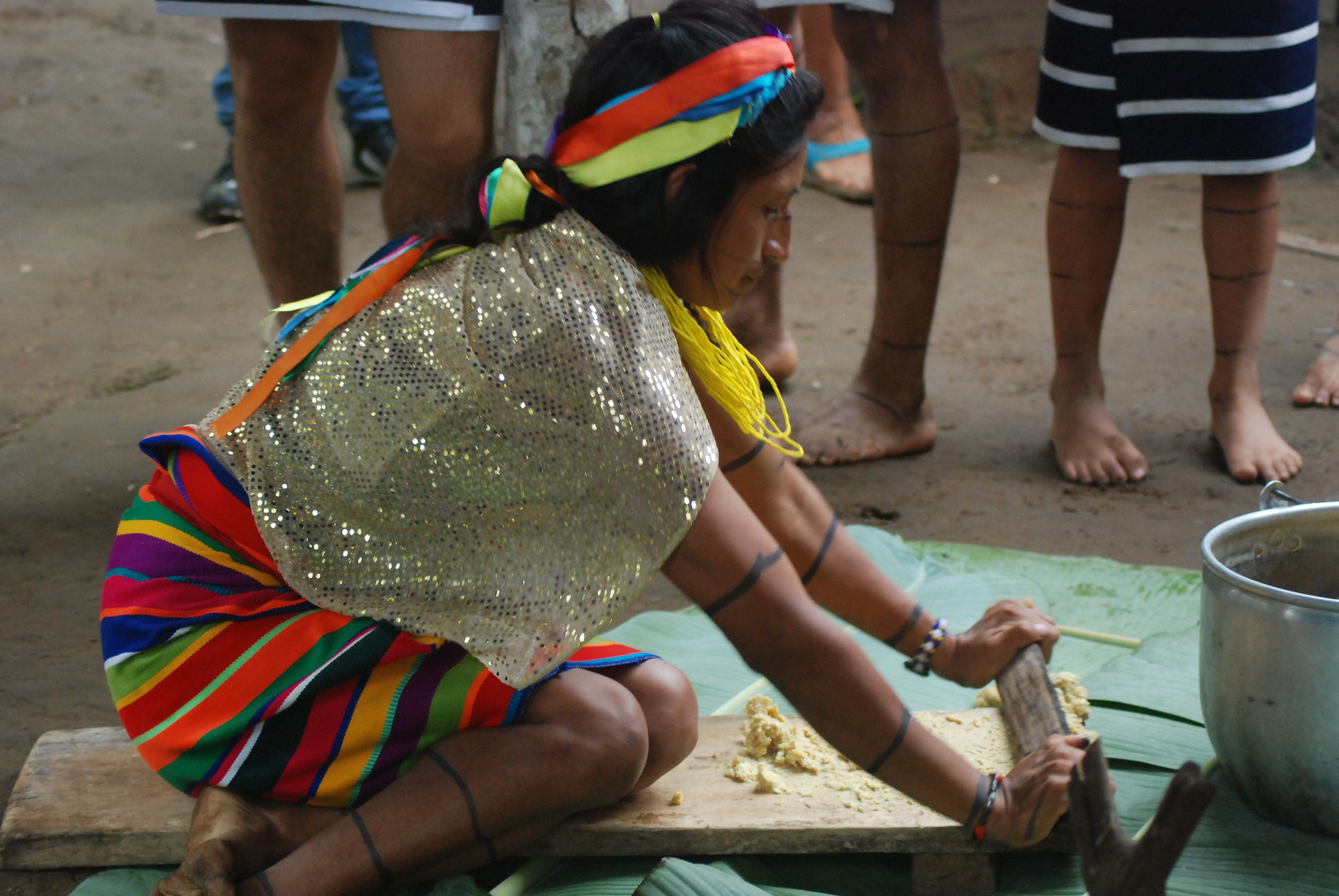
Credit PlaceholderPHOTO: Santo Domingo de los Tsáchilas
However, they face several challenges. Modernization and the pressure of urban expansion are the main issues, and they also strive to maintain their cultural identity and protect their ancestral lands. The Tsáchila community is not only an integral part of the social fabric of Santo Domingo de los Tsáchilas but also enriches the region’s diversity with its rich cultural heritage. Preserving their traditions and customs is essential for the identity and heritage of the province.
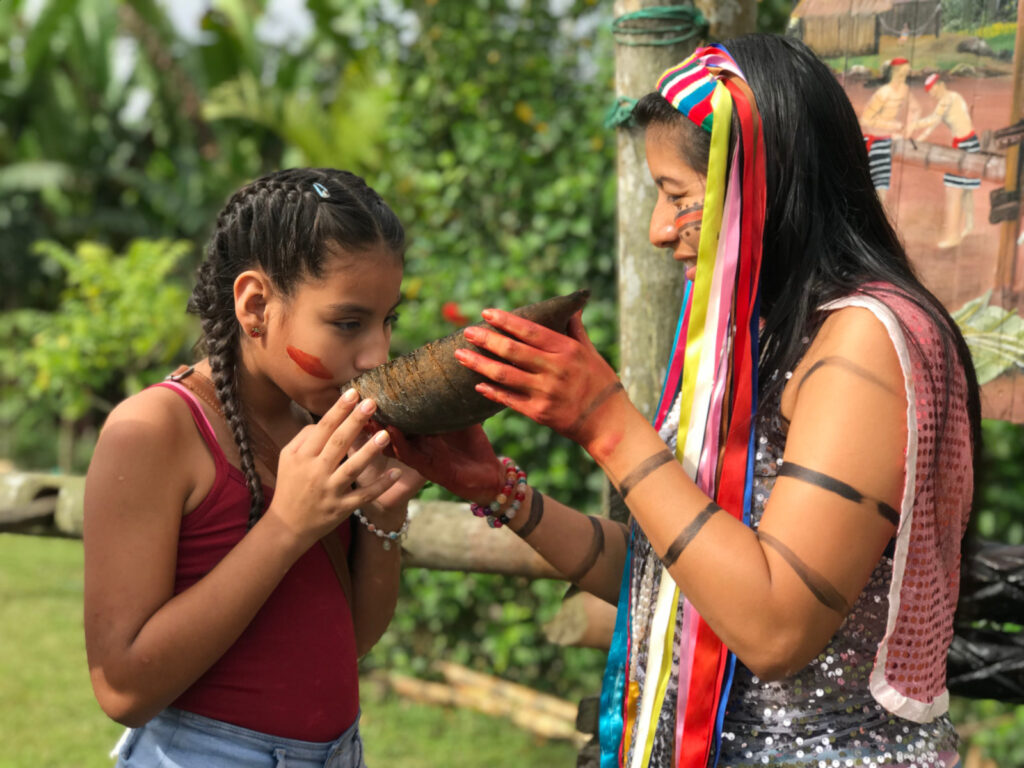
Credit PlaceholderPHOTO: Santo Domingo de los Tsáchilas
How did you involve the indigenous community in decision-making?
In Santo Domingo de los Tsáchilas, the participation of the indigenous community, especially the Tsáchila nationality, has been crucial to ensure that their needs and perspectives are adequately represented. One key initiative in this regard is the “Program for the Preservation of the Ancestral and Cultural Heritage of the Tsáchila Nationality,” which is part of the second OGP action planAction plans are at the core of a government’s participation in OGP. They are the product of a co-creation process in which government and civil society jointly develop commitments to open governmen.... This program focuses on preserving the ancestral and cultural heritage of the Tsáchila nationality in Ecuador.
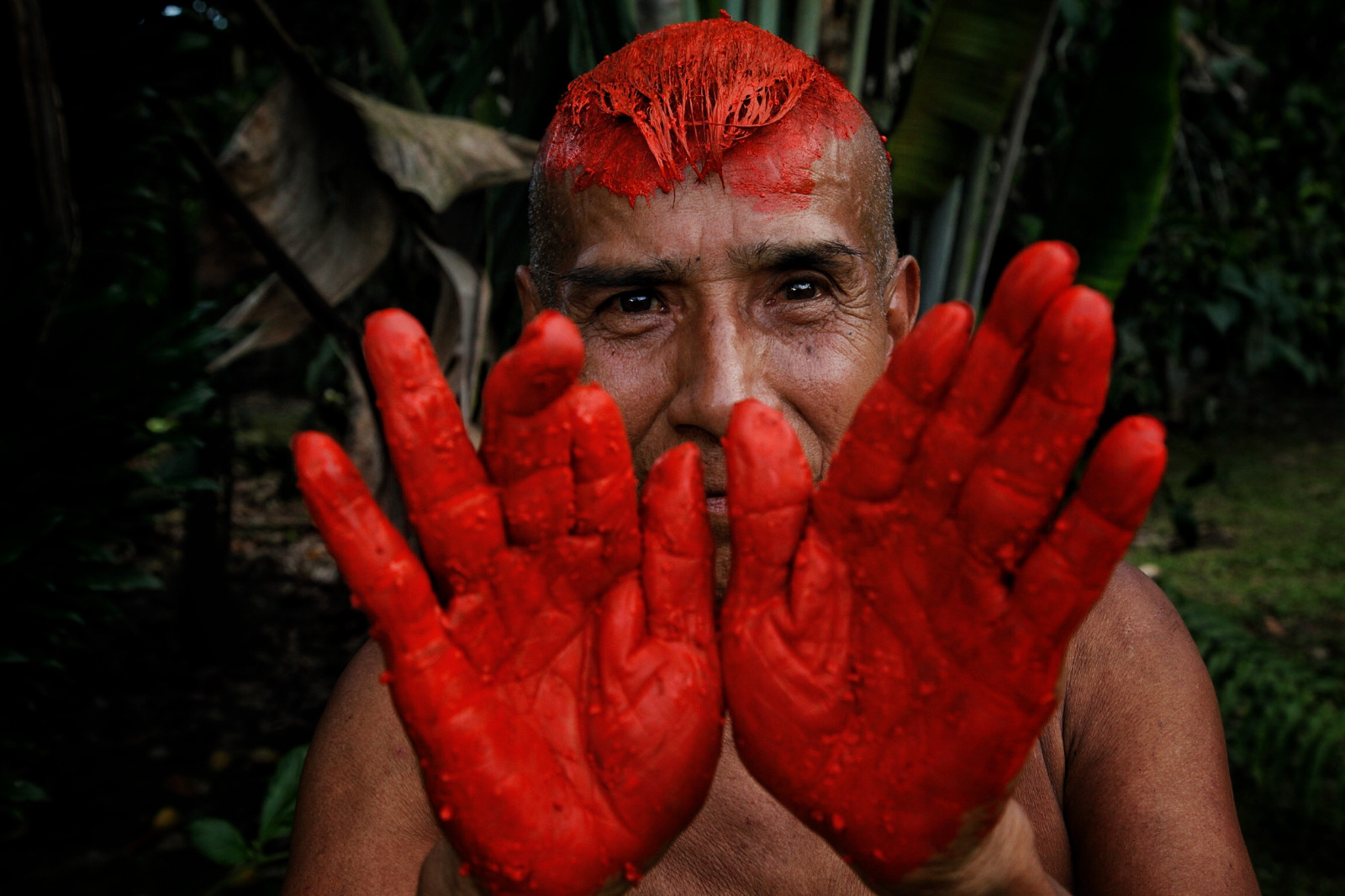
Credit PlaceholderPHOTO: Santo Domingo de los Tsáchilas
This commitment includes the co-creation of a provincial ordinance and the publication of open dataBy opening up data and making it sharable and reusable, governments can enable informed debate, better decision making, and the development of innovative new services. Technical specifications: Polici... to facilitate access to relevant information about the Tsáchila communities. This data includes information on the population, cultural practices, ancestral medicine, and other significant elements of their heritage. By having access to this information, transparencyAccording to OGP’s Articles of Governance, transparency occurs when “government-held information (including on activities and decisions) is open, comprehensive, timely, freely available to the pub... More is promoted along with a more informed and respectful dialogue between the indigenous community and the rest of society.
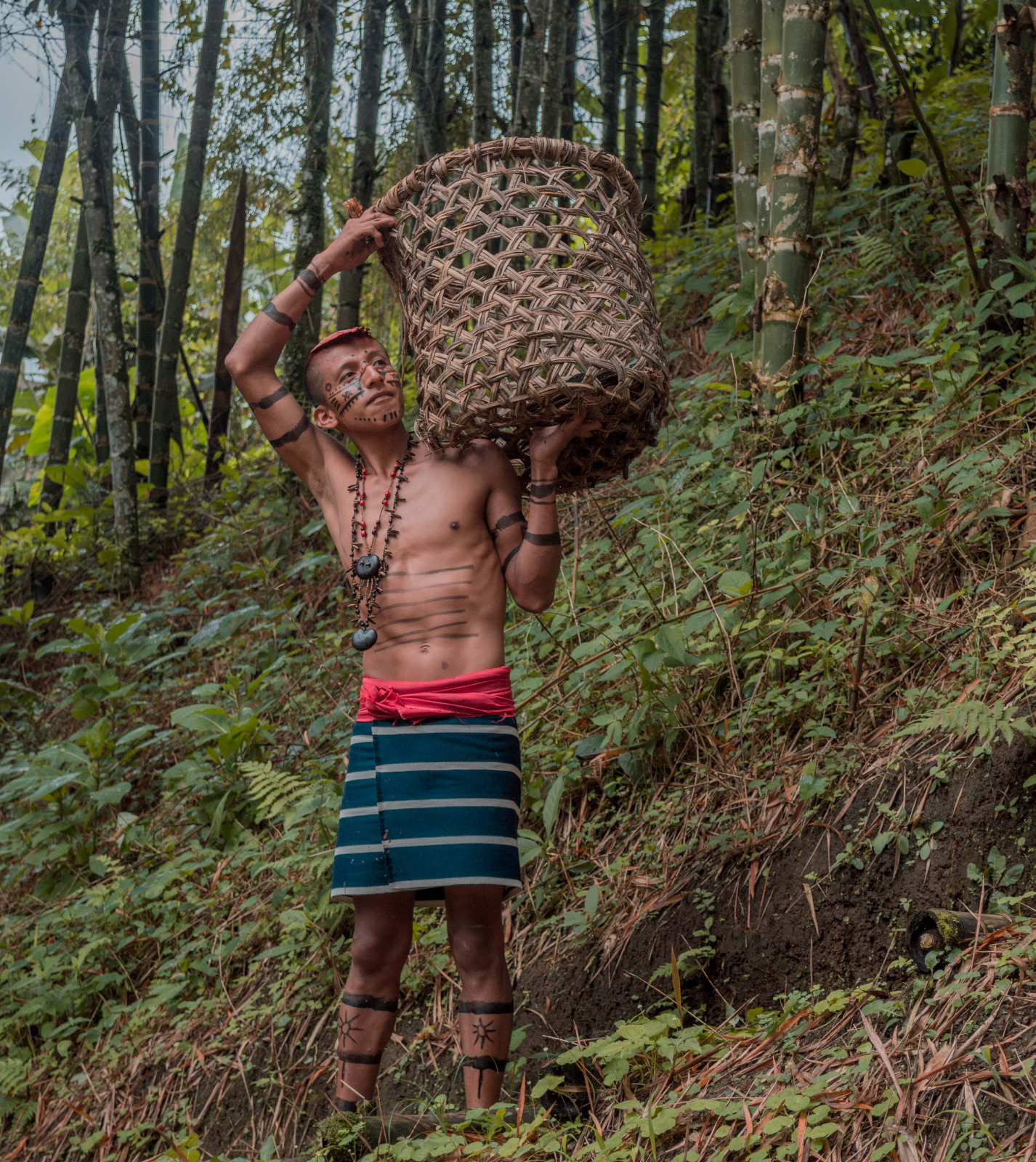
Credit PlaceholderPHOTO: Santo Domingo de los Tsáchilas
The participation of the Tsáchila community has been key through workshops and consultation sessions to ensure that their knowledge and experience are integrated into decision-making processes. This allows the community’s voices to be heard and considered in decisions that directly affect their natural and cultural heritage. Additionally, efforts are underway to establish a new regulatory framework to protect Tsáchila heritage, increasing the responsibility of authorities to ensure these measures are effective and respectful.
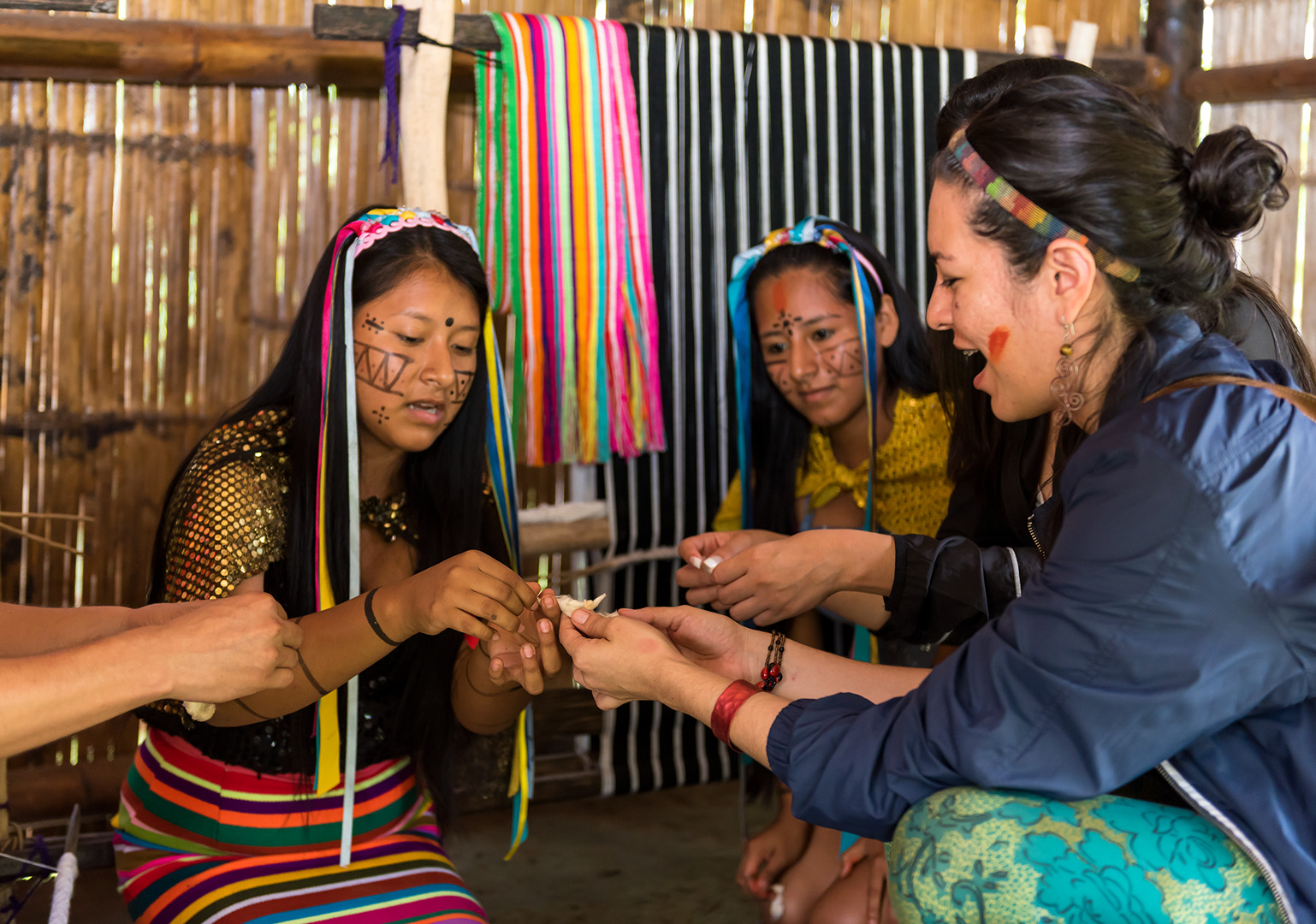
Credit PlaceholderPHOTO: Santo Domingo de los Tsáchilas
What challenges did you encounter in involving the indigenous community in decision-making?
During the process of including the Tsáchila indigenous community, we have encountered several significant obstacles.
One of the main issues is the cultural and language barrier. Although most Tsáchila people speak Spanish, their native language is Tsa’fiki. This can create linguistic barriers that hinder effective communication. Additionally, cultural differences between the indigenous community and local authorities can lead to misunderstandings and distrust. The traditional practices and values of the Tsáchila people are sometimes not adequately understood or valued by the public or government officials.
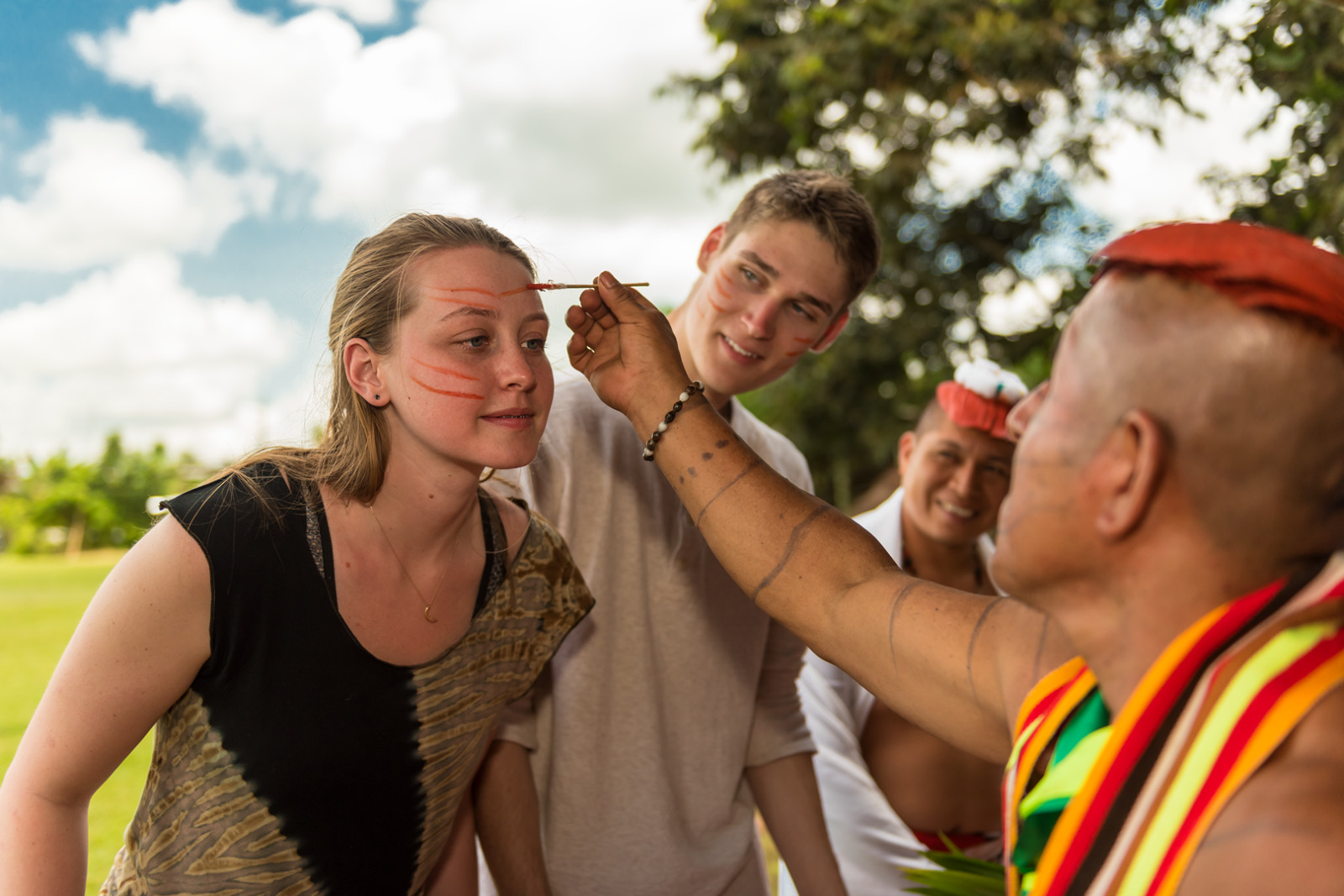
Credit PlaceholderPHOTO: Santo Domingo de los Tsáchilas
Another major challenge is the distrust of institutions. Due to historical exclusion and marginalization, the Tsáchila community feels that their interests are not adequately represented in provincial decisions, which can discourage active participation.
The lack of capacity and resources is another significant obstacle. Often, the Tsáchila communities lack individuals with the training or experience necessary to participate effectively in technical and administrative processes. This includes limited access to technical resources and training, which hinders informed and effective participation. Additionally, within the Tsáchila communities, there are diverse opinions and priorities, leading to internal conflicts and making unified representation difficult. The presence of multiple leaders and the potential lack of consensus among them complicates coordination and the implementation of joint decisions.
Despite all these challenges, including the Tsáchila community in decision-making is essential for sustainable and equitable development. Overcoming these obstacles requires a committed and collaborative approach that values and respects the community’s rich cultural heritage while integrating their perspectives into provincial processes.
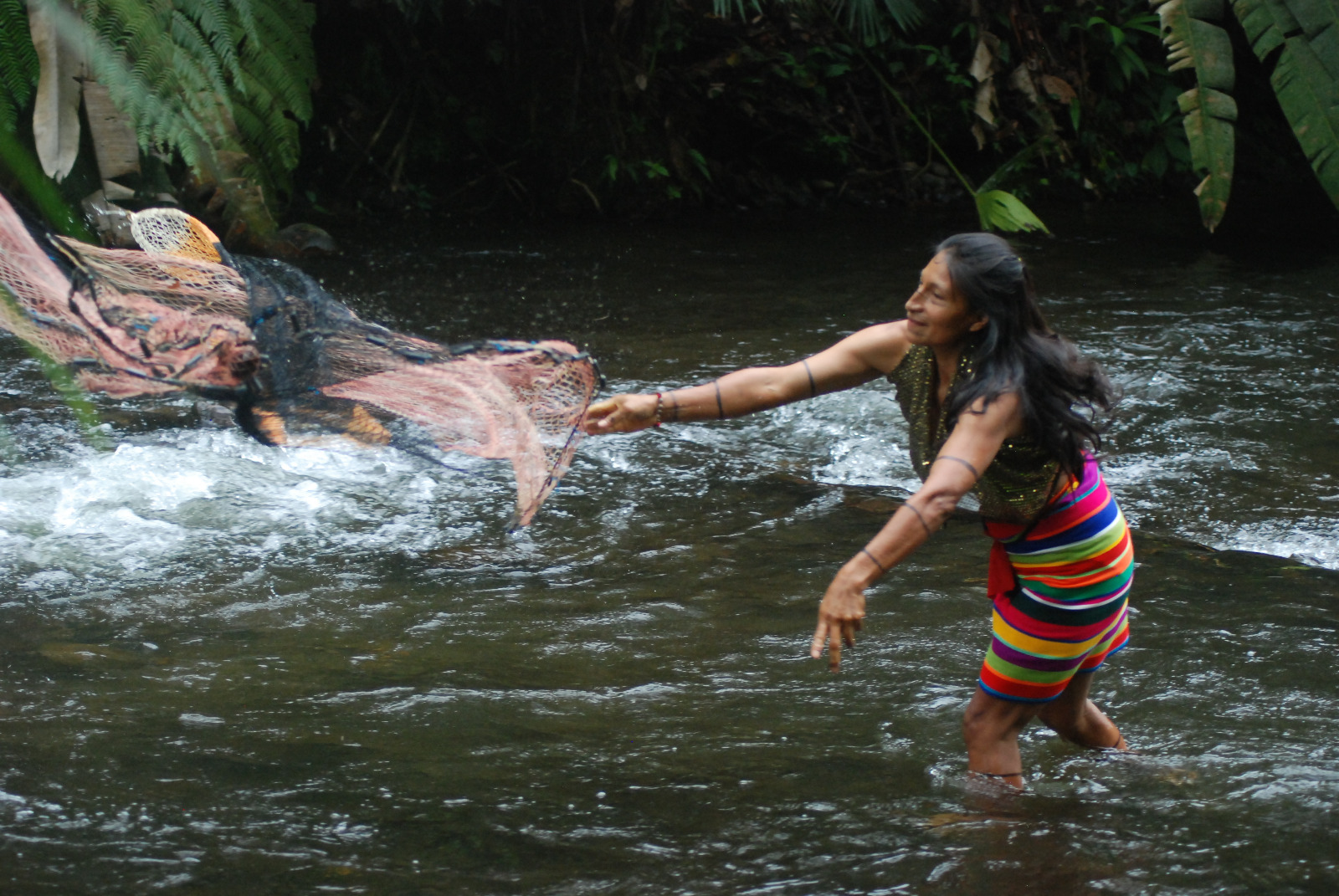
Credit PlaceholderPHOTO: Santo Domingo de los Tsáchilas
What lessons have you learned from involving the indigenous community in decision-making?
Involving the Tsáchila indigenous community in decision-making has been very enriching for both government processes and the community itself. This process has taught us many valuable lessons.
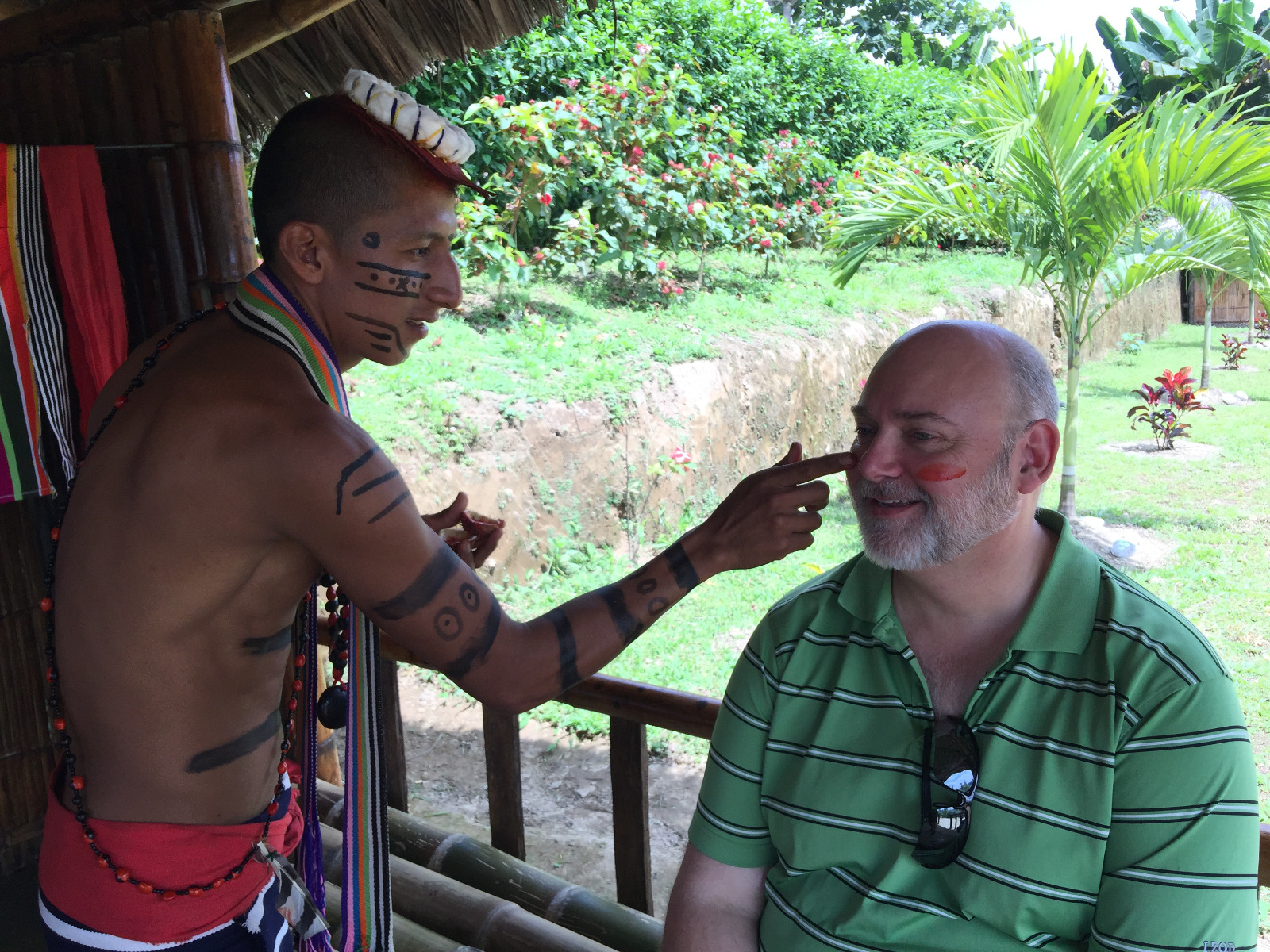
Credit PlaceholderPHOTO: Santo Domingo de los Tsáchilas
First, there is the importance of respect and valuing their heritage. By integrating their cultural practices and traditional knowledge, we have strengthened respect for their culture, which enriches the decisions we make. Transparency and accountability have been fundamental in building and maintaining the Tsáchila community’s trust in governmental institutions. When the community sees that their opinions are heard and respected, they feel more secure and confident in participating actively in various initiatives.
Co-creating proposals and policies with the community has resulted in more relevant and effective solutions that directly address the needs and priorities of the Tsáchilas. Additionally, projects designed in this way have proven to be more sustainable both environmentally and culturally, as they align with traditional practices and values. Involving the community in decision-making has promoted greater equity and inclusionOGP participating governments are working to create governments that truly serve all people. Commitments in this area may address persons with disabilities, women and girls, lesbian, gay, bisexual, tr... More, ensuring that the benefits of development are shared more fairly.
To reflect this journey and our appreciation, I want to share a phrase in their dialect: “Tsáchila ve Minu Ki’chum,” which means “Making a path for the Tsáchilas.”
No comments yet
Related Content
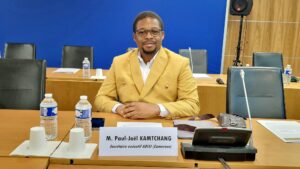 Champions
Champions
Faces of Open Government: Paul-Joël Kamtchang
Paul-Joël Kamtchang is a data journalist from Cameroon and is the Executive Secretary of ADISI-Cameroon. On African Anti-Corruption Day, he offers insights on how open data enhances transparency and accountability…
 Champions
Champions
Faces of Open Government: Rueben Lifuka
In this month’s Faces of Open Government, Rueben Lifuka shares his experience as an environmental expert, anti-corruption advocate, and champion of open government in Zambia.
 Champions
Champions
Faces of Open Government: Valeria Torres
Meet Valeria Torres, Chief Public Management and Open Government Area at ILPES / ECLAC. Valeria has more than 20 years of experience in applied research and international processes related to…

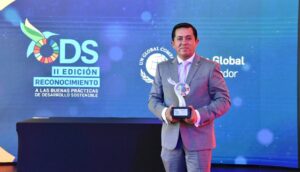
Leave a Reply